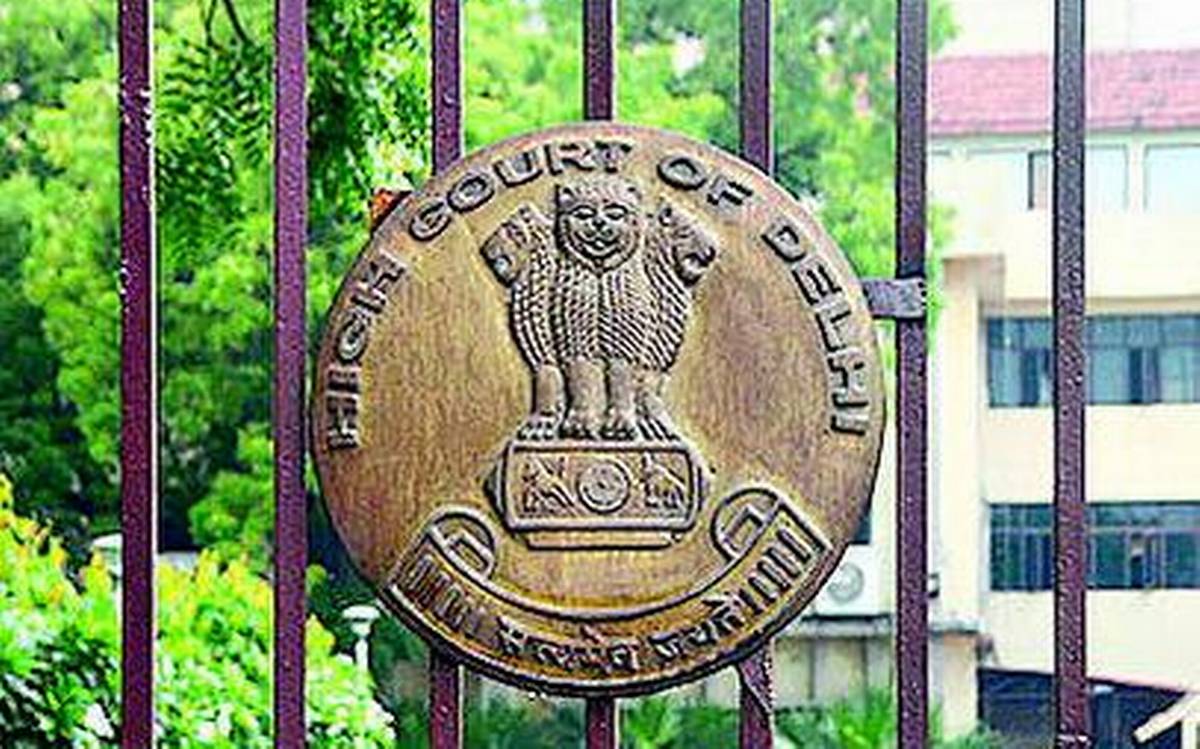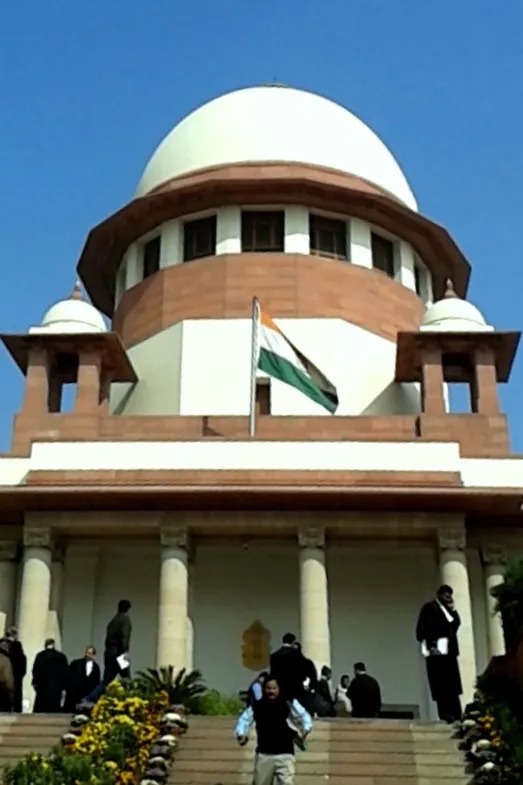S.H. Kapadia, J.@mdashThis petition is filed under Article 226 of the Constitution seeking to challenge the action of Assistant Commissioner of Income Tax vide notice dated 3rd July, 2002 u/s 148 of the Income Tax Act to reassess the petitioner''s income for the Assessment year 1996-97. FACTS:
2. During the Financial Year ending 31st March, 1996 corresponding to the Assessment year 1996-97, the petitioner had introduced Voluntary Retirement Scheme at its Borivli Plant and had incurred expenditure of Rs. 10,02,23,735/-. The said Scheme was approved by the Commissioner of Income Tax for exemption u/s 10(10C) of the Income Tax Act. In the Profit and Loss Account for the year ending 31st March 1996, the petitioner had written off an amount of Rs. 33,40,818/- towards the said payment of Rs. 10,02,23,735/-. In other words, the amount of Rs. 10,02,23,735/- was written off over a period of 60 months as per the Note in the Profit and Loss Account for the year ending 31st March, 1996. On 29th November, 1996 the petitioner filed its return of income for the Assessment Year 1996-97 showing a loss of Rs. 549.54 lakhs. In the return of income, the petitioner claimed deduction in respect of Rs. 10,02,23,735/- being VRS Expenses. The said deduction was claimed u/s 37 of the Income Tax Act. By assessment order dated 14th December 1998, the AO granted partial deduction on account of VRS Expenses amounting to Rs. 33,40,818/- and he disallowed excess claim to the tune of Rs. 9,68,82,917/-. The AO allowed the deduction for Rs 33,40,818/- as the assessee had written off the said amount as per the Note attached to the Annual Report. In other words, since in the books of the assessee Rs. 10,02,23,735/- had been spread over for 60 months, the AO granted a limited relief to the assessee of a proportionate amount of Rs. 33,40,818/- and disallowed the balance of Rs. 9,68,82,917/- as an excess claim. Being Aggrieved, the assessee went in appeal to the Commissioner of Income Tax (Appeals) who confirmed the order of AO. Being aggrieved, the assessee carried the matter in appeal to the Tribunal which took the view that notwithstanding the Note in the Annual Report for the Accounting Year 1995-96, the assessee was entitled to claim the entire expenditure of Rs. 10,02,23,735/- in the year ending 31st March, 1996 because there was no benefit of enduring nature accruing to the petitioner over a period of five years. In the circumstances, the Tribunal allowed the appeal of the assessee. The Judgment of the Tribunal is dated 21st January, 2002. On 3rd July 2002, the AO issued the impugned notice u/s 148 of the Income Tax Act, stating that for the Assessment Year 1996-97, income had escaped assessment within the meaning of Section 147 of the Income Tax Act, 1961. The reason given in support of the notice u/s 148 of the Act are annexed to the Paper book. As per the reasons, income had escaped assessment because, in the computation of income, the assessee had claimed the entire expense of Rs. 10,02,23,735/- in one year though the VRS Scheme was for 60 months. According to the reasons given for reopening the assessment, the assessee had got the benefit of the Scheme for five years. That, such benefit was of an enduring nature and, therefore, the assessee was not entitled to deduction of Rs. 33,40,818/- for the assessment year in question. According to the AO, since the expenditure was the capital expenditure, the Department had wrongly spread over the expenditure of Rs. 10,02,23,735/- over a period of five years and, consequently, according to the reasons, there was escapement of income from assessment and further the assessee was not even entitled to deduction of Rs. 33,40,818/- during Assessment Year 1996-97.
FINDINGS :
3. In the case of PPCA Laboratories Ltd. v. Deputy Commissioner of Income Tax reported in 257 ITR 416, this Court has taken the view that in view of the proviso to Section 147 of the Income Tax Act, no action can be taken for reopening of an assessment after four years unless the AO has reason to believe that income had escaped assessment by reason of failure on the part of the assessee to disclose fully and truly all material facts necessary for assessment. In the present case, we have gone through the reasons submitted in support of the notice u/s 148 of the Income Tax Act. In the entire Reasons, there is no allegation of income having escaped assessment by reason of the failure on the part of the assessee to disclose fully and truly all material facts. In this case, we are concerned with reopening of an assessment after four years. In the case of Ipca Laboratories (supra), one of the points urged on behalf of the Department was that even in cases of reopening after four years if a matter involved grant of excessive relief, the Department could reopen the assessment in view of Clause (c) of Explanation 2 to Section 147 and in such cases there was no question of the AO having reason to believe that income had escaped assessment by reason of failure on the part of the assessee to disclose fully and truly all material facts necessary for assessment. This argument of Department was rejected by us in the above Judgment in case of Ipca Laboratories (supra). By virtue of the proviso to Section 147, no action can be taken for reopening after four years unless the AO has reason to believe that income had escaped assessment by reason of failure on the part of the assessee to disclose fully and truly all material facts. Explanation 2 to Section 147 is required to be read with Section 147 in its entirety including the proviso. That, if one reads Explanation 2 to Section 147 including the proviso then it is clear that in cases where the Department reopens the assessment within a period of four years, it can do so on the ground of income having escaped assessment. However, in cases of reopening after four years, the AO must have reason to believe that income has escaped assessment by reason of failure on the part of the assessee to disclose fully and truly all material facts. Explanation 2 cannot be read without reading the proviso to Section 147. Explanation 2(c) has to be read with Section 147 including the proviso and, if so read, the above dichotomy would be clearly spelt out. In the present case, reopening is sought to be done beyond four years. In the present case, the assessee had filed its Annual Report before the AO indicating spread over of Rs. 10,02,23,735/- over a period of 60 months. The AO acted on that report by granting deduction to the extent of Rs. 33,40,818/- for the year ending 31st March, 1996. In the circumstances, there was no failure on the part of the assessee to disclose fully and truly the material facts. In our view, the Judgment of this Court in Ipca Laboratories case (supra) squarely applies to the facts of the present case.
ORDER
4. In the circumstances, rule is made absolute in terms of prayer (a) with no order as to costs.

